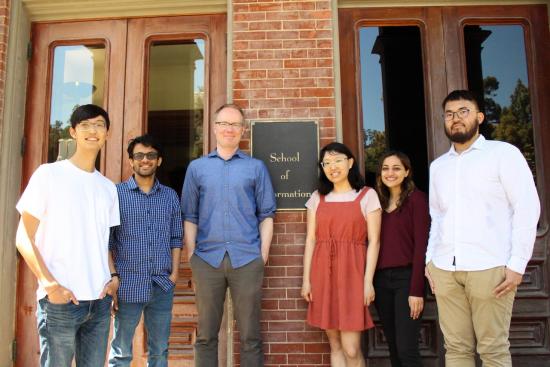From Business Insider
By Adam Rogers
David Bamman was trying to analyze "Pride and Prejudice" — digitally. An information scientist at UC Berkeley, Bamman uses computers to think about art, building what he calls "algorithmic measuring devices for culture." That means extracting data from classic literature about things like, say, the relationships among various characters. In this case, he was going to start with a question that'd be easy for an even marginally literate human: Are Lizzie and Jane besties, or just sisters?
For kicks, Bamman decided to first try asking ChatGPT. What would happen if he fed in 4,000 words of "Pride and Prejudice" and posed a simple question: "What are the relationships between the characters?"
To his amazement, it worked. The chatbot's GPT-4 version was amazingly accurate about the Bennet family tree. In fact, it was almost as if it had studied the novel in advance. "It was so good that it raised red flags in my mind," Bamman says. "Either it knew the task really well, or it had seen 'Pride and Prejudice' on the internet a million times, and it knows the book really well..."
David Bamman is an associate professor of the I School. He previously won a National Science Foundation (NSF) CAREER award for his research designing computational methods to improve natural language processing for fiction.










